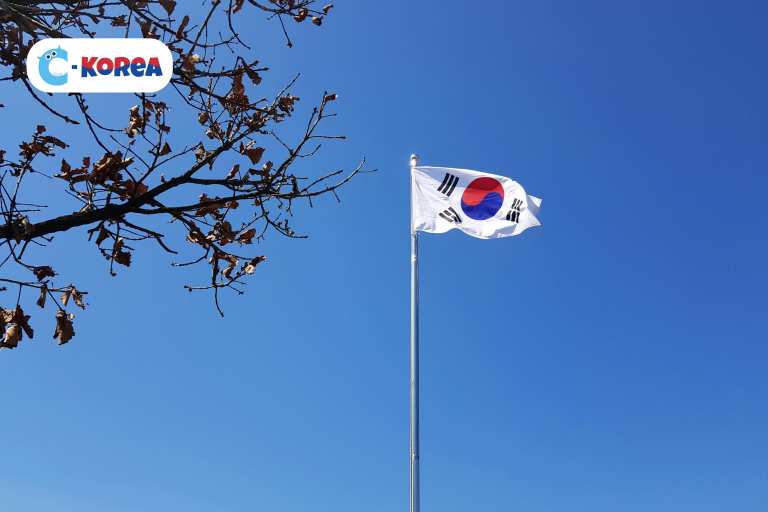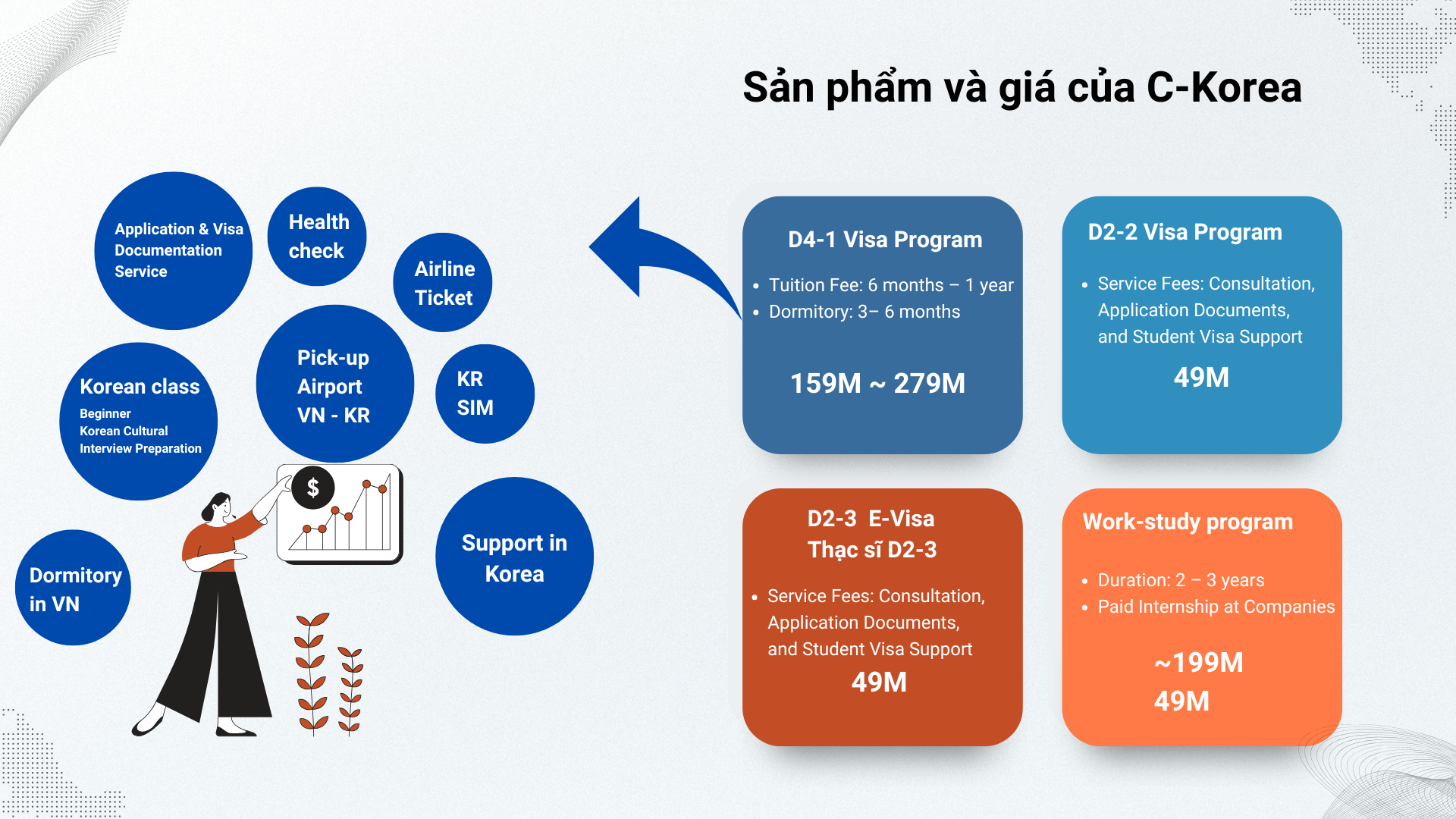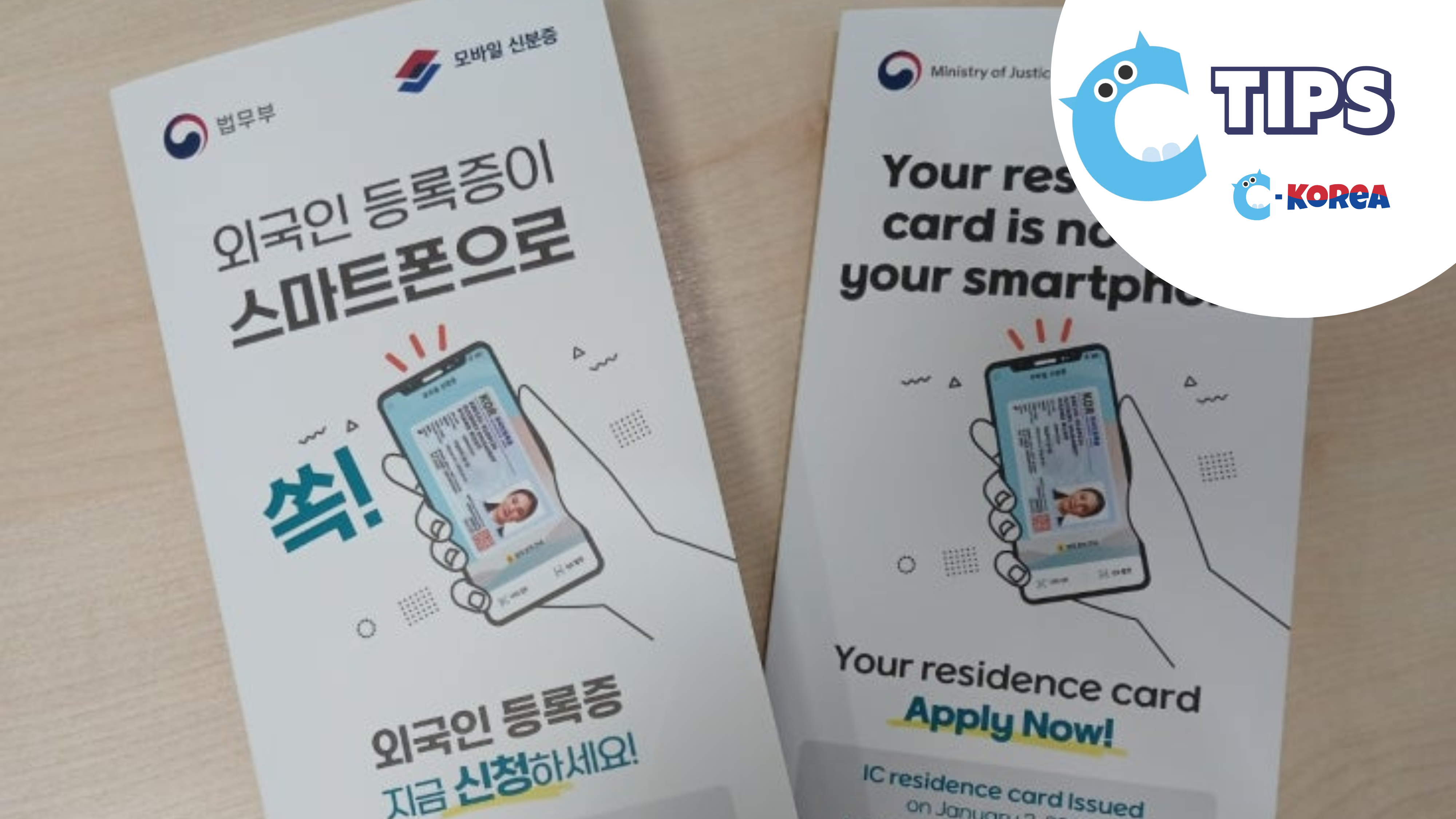Korea has long been an attractive study abroad destination with its outstanding educational quality, modern environment and diverse culture. However, to choose the right university for themselves, students need to consider many factors. Below is a detailed guide to help you better understand the things to consider when making this important decision.
See more about the Korean handbook:
➤ Study in Korea to save money… 0 VND;
➤ How to study in Korea with a cost equal to only 1 cup of milk tea a day;
➤ 10 tips to get a scholarship to study in Korea as easy as turning your hand!.
1. Reputation and quality of education
The reputation of a university plays a big role in shaping your future career. Prestigious universities such as Seoul National University, Yonsei University or Korea University are often known for their excellent training quality, advanced teaching programs and many research opportunities.
- Check the rankings: Look at rankings such as QS World Rankings, THE Rankings or ARWU Rankings to assess the prestige of the school.
- Popular fields: Find out if the field you are interested in is strongly invested in development. For example, fields such as information technology, engineering, business administration are often strengths of major schools in Korea.

2. Tuition and living expenses
Cost is always a top concern when studying abroad. In Korea, tuition fees vary greatly between public and private schools.
- Tuition: Public schools often have much lower tuition fees than private schools. For example, tuition fees at Seoul National University can range from $4,000 – $6,000/year depending on the major.
- Living expenses: Big cities like Seoul have high living costs, while other areas like Daejeon, Gwangju or Jeonju are more economical. You need to calculate the cost of housing, transportation, food and health insurance.
Don’t forget to learn about scholarship programs like the Global Korea Scholarship (GKS) or scholarships from the school you plan to attend. This will significantly reduce financial pressure.

3. Location and Living Environment
The location of your school not only affects your living costs but also your personal experience.
- Big cities: If you love the hustle and bustle of modern life, Seoul or Busan might be the ideal destination. These cities have convenient public transportation systems and many entertainment activities, but also come with a high cost of living.
- Rural areas: More peaceful areas like Gyeonggi-do or Jeollado offer ideal study spaces and lower costs, but are less vibrant and sometimes lack amenities.

4. Curriculum and Language
Language is one of the biggest barriers for international students in Korea. You need to check if the school has programs taught in English.
- English Programs: Some schools such as Korea University and KAIST University have programs taught entirely in English, suitable for students who are not fluent in Korean.
- Learn Korean: Most of the programs in Korea are taught in Korean. Therefore, if you choose these programs, be prepared to spend time learning the language before enrolling.

5. International Student Support System
The international student support system is an important factor in helping you quickly adapt to the new environment. Find out if the school offers:
- Visa consulting services.
- Housing support such as dormitories specifically for international students.
- International student clubs to help you expand your relationships.
- Orientation program upon admission.
A good support environment will help you feel less confused and integrate more easily.

6. Alumni Network and Career Opportunities
A school’s alumni network and industry connections are key to building your career after graduation.
- Alumni: A school with a strong alumni network will help you expand your industry connections, find job opportunities or get useful advice.
- Partnerships: Major universities often cooperate with leading corporations in Korea such as Samsung, LG or Hyundai, creating favorable conditions for you to participate in internship and recruitment programs.

Conclusion
Deciding on which university to choose will affect not only your studies but also your future career. So, carefully consider factors such as the quality of education, cost, location, curriculum and support system. Thorough research and preparation will help you make the most of your study abroad experience in Korea.
For more information about studying and working in Korea , please contact :
C-KOREA CULTURE AND STUDY ABROAD CONSULTING CO ., LTD.
- Address : 5th Floor , 94-96 Nguyen Van Thuong , Ward 25 , Binh Thanh District , Ho Chi Minh City
- Hotline: +84 28 7308 4247
- Facebook: https://www.facebook.com/profile.php?id=61565051012830
- Tiktok: https://www.tiktok.com/@duhoc_ckorea
- Youtube: https://www.youtube.com/channel/UCQspuqhQlf4IRFCDzN4ce2A














